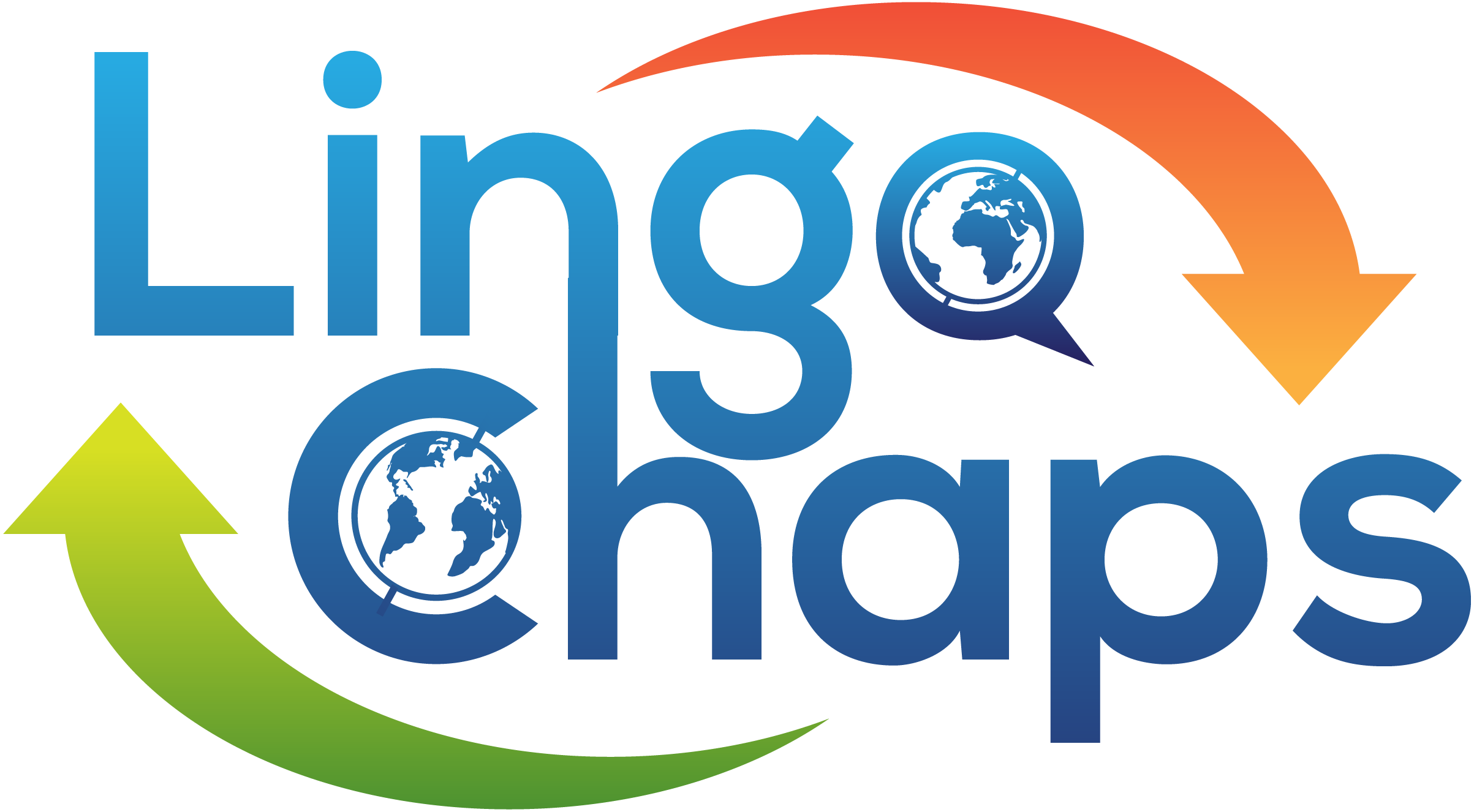
Working for a translation agency or private clients?
One of the most challenges for freelance translators is to seek out suitable clients, and once they need found them, one among their main concerns is the way to retain them. As a freelancer, you’ll well find that working for translation agencies instead of for personal clients offers both peace of mind and a more reliable flow of orders.
As a knowledgeable freelancer, you’re doubtlessly cognizant of the various benefits of freelance work. Most of those are going to be related to themes like independence, freedom and – if you’re lucky – considerable revenues. However, you’ll even have discovered several serious downsides to the present quite work. The one cited perhaps the foremost frequently is that the ongoing pressure to draw in clients. Although we all know of no research to verify it, there’s a law within the translation business which states that a contract translator who has no work, isn’t good. the other is additionally true: an honest translator will never be at a loss for work. Even so, your order portfolio as a freelancer also will depend, a minimum of partially, on your commercial skills in attracting clients, offering your services to potential clients, and build up networks. Once you’ve got found enough clients for a sustainable business, moreover, you’ll find it difficult to balance your capacity with their needs.
Given these considerations, it’d be an honest idea to supply your services to translation agencies also. The rates they provide might not be as high as those of personal clients (understandably, because the agency will get to safeguard its margin of profit and deduct an appropriate amount from the client’s payment before passing it on to you), but once you’re well established in their files you’ll find their constant flow of orders an excellent relief compared with things during which you’ve got to draw in business yourself.
Working for a translation agency offers a variety of serious advantages. One has got to do with capacity. once you work directly for an outsized private client, capacity may be a limiting factor, as you’ll not be ready to take up all their translation requests – especially as you’ve got other clients to tend to also. Of course, you’d not have any longer capacity when working in a translation agency, but the agency itself would. By spreading translation beat different translators, agencies can absorb much more work from individual clients, which makes it possible to develop a more or less exclusive relationship with them and for you to realize the specific experience of their organization and terminology without necessarily having to try to all their translations. this means that, overall, not only your capacity but also your professionalism will enjoy working for agencies. Freelancers will usually not be ready to enjoy the sort of feedback supplied by colleagues and quality supervisors at a translation agency. There also are advantages for the client, as companies that distribute translation orders to different freelancers won’t enjoy any coordinated effort to safeguard consistency a la mode and terminology that workplace offers.
Another true advantage of translation agencies is that they’re going to enable you to concentrate on particular areas of preference. With private clients, this is often much more difficult to realize, because the pool of clients to select from would be much smaller compared with those during a larger agency’s files. for instance, a successful translation agency that focuses on the law will probably have all the main tax firms on its files, which suggests that by working for that agency you’d be introduced to a broad spectrum of practitioners in your field of specialization.
If there’s one disadvantage to working for translation agencies it must be the word rates that they provide, which are usually lower, considerably lower even, than those a trusted freelancer would receive during a direct relationship with a personal client. this is often not unreasonable, because the agency has its overhead, provides added value services that both the client and therefore the freelancer will enjoy (terminology management, layout and editing tasks) and, most significantly, provides you with work with none need on your part to draw in clients. And don’t forget that while the speed per word could also be lower, the constant flow of orders that reliable freelances tend to receive from the agencies they work for should quite make up for that in terms of sustained and sometimes even more or less predictable income levels.
One further drawback of working in a translation agency is that it’ll not be considered ethical for you to determine direct contact with their clients to figure for them directly. To the more entrepreneurial of freelancers, this suggests that the more they work for agencies, the smaller the number of interesting companies they might still be ready to work for independently.
To sum up, as a freelancer you’ve got two options when it involves attracting orders: working for personal companies directly and dealing with them indirectly through translation agencies. Either option brings benefits and drawbacks, especially as regards pay and professional development. Private clients tend to be more lucrative, but you’ll need to attract them, convince them of your qualities, and retain them while the probabilities are that your capacity won’t be sufficient to fill all their orders. On the opposite hand, translation agencies usually offer lower rates, but they take all the marketing off your hands and can provide you with the maximum amount of work you would like once you’ve got established yourself as a reliable supplier. Besides, you’ll be ready to enjoy coordinated feedback from the client, the agency’s experts and fellow freelancers alike. The preference for either option depends on your commercial appetite, and your need for security and feedback from peers.

